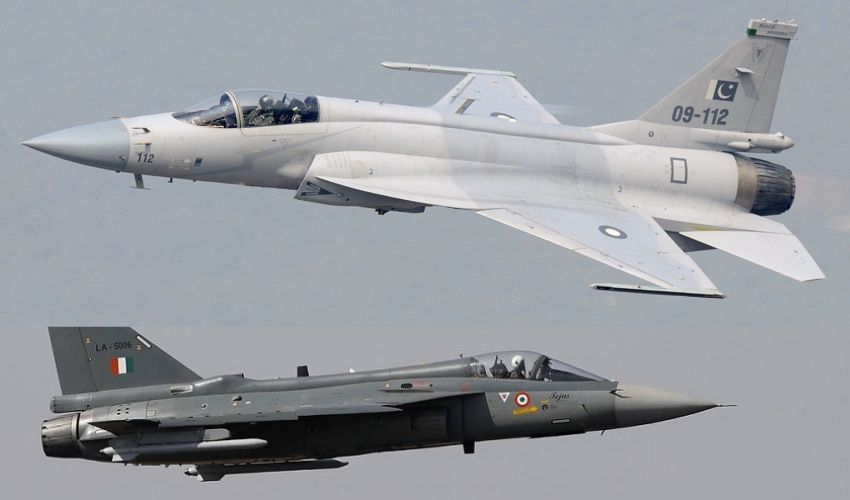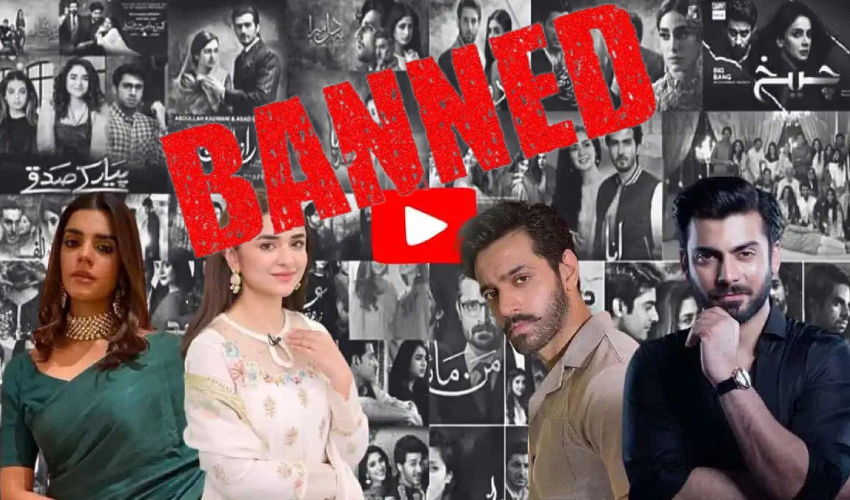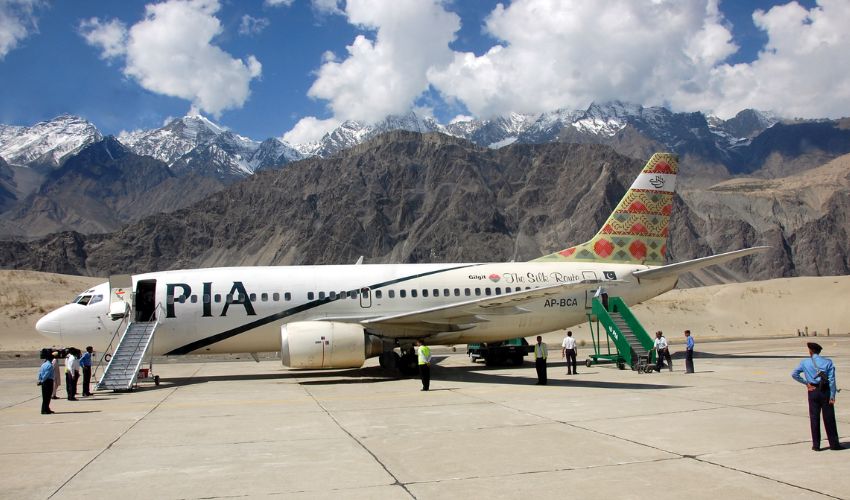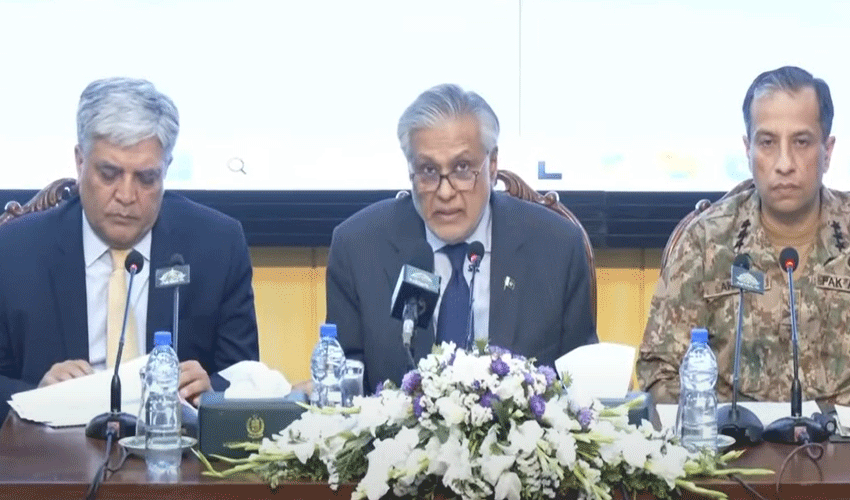Indian Defence Minister Rajnath Singh held a telephonic conversation with US Secretary of Defence Pete Hegseth on Thursday. The discussion centred on the recent attack in Pahalgam, India-held Kashmir, which claimed the lives of 26 civilians, including several tourists.
According to a statement from Singh’s office, Hegseth conveyed his "deepest sympathies for the tragic loss of innocent civilians" and reaffirmed the United States’ solidarity with India.
“Secretary Hegseth said that the US stands in solidarity with India and supports India’s right to defend itself. He reiterated the strong support of the US government in India's fight against terrorism,” Hegseth was quoted as saying by the defence minister's office. He also reiterated Washington’s firm commitment to supporting India in its fight against terrorism.
During the call, Defence Minister Rajnath Singh alleged that Pakistan had a longstanding history of sponsoring cross-border terrorism. He told the US Secretary that Pakistan has been “supporting, training, and funding terrorist organisations,” and emphasized that the global community can no longer afford to remain silent on such atrocities.
“Pakistan has been exposed as a rogue state, fuelling global terrorism and destabilising the region. The world must explicitly and unequivocally condemn such heinous acts,” Singh said.
Also Read: Diplomatic setback for India as Rubio urges Jaishankar to de-escalate after Pahalgam
The high-level call followed another important diplomatic exchange: a conversation between Indian External Affairs Minister Dr. S. Jaishankar and US Secretary of State Marco Rubio on Wednesday. Jaishankar stressed that the perpetrators and backers of the Pahalgam attack must be brought to justice.
"Discussed the Pahalgam terrorist attack with US @SecRubio yesterday. Its perpetrators, backers and planners must be brought to justice," Jaishankar posted on X.
In his call with Jaishankar, Rubio reaffirmed the United States’ commitment to counter-terrorism cooperation with India and encouraged diplomatic engagement with Pakistan to preserve regional peace and stability.
Marco Rubio also held separate telephonic conversations late on Wednesday with Prime Minister Shehbaz Sharif, urging both sides to step back from further confrontation.
“The secretary expressed his sorrow for the lives lost in the horrific terrorist attack in Pahalgam, and reaffirmed the United States' commitment to cooperation with India against terrorism. He also encouraged India to work with Pakistan to de-escalate tensions and maintain peace and security in South Asia,” said US State Department spokesperson Tammy Bruce.
Also Read: Indian Supreme Court rejects plea for judicial probe into Pahalgam attack
During his conversation with Prime Minister Sharif, Rubio urged Islamabad to reopen dialogue channels with New Delhi.
However, a statement from Prime Minister Shehbaz Sharif’s PM office accused India of “escalatory and provocative behavior,” warning that such actions could derail Pakistan’s domestic counter-terrorism operations. “India's provocations would only serve to distract Pakistan from its ongoing efforts to defeat terrorism, particularly from militant groups,” the statement read.
Meanwhile, tensions between New Delhi and Islamabad have heightened in the aftermath of the April 22 attack. Defence sources also revealed that Pakistan has increased military activity along the Line of Control (LoC) and the international border, deploying air defence and artillery units at forward positions.
On Tuesday, the Directors General of Military Operations (DGMOs) of both countries communicated over a hotline, where both sides lodged protests against the other's allegedly unprovoked ceasefire violations.


























